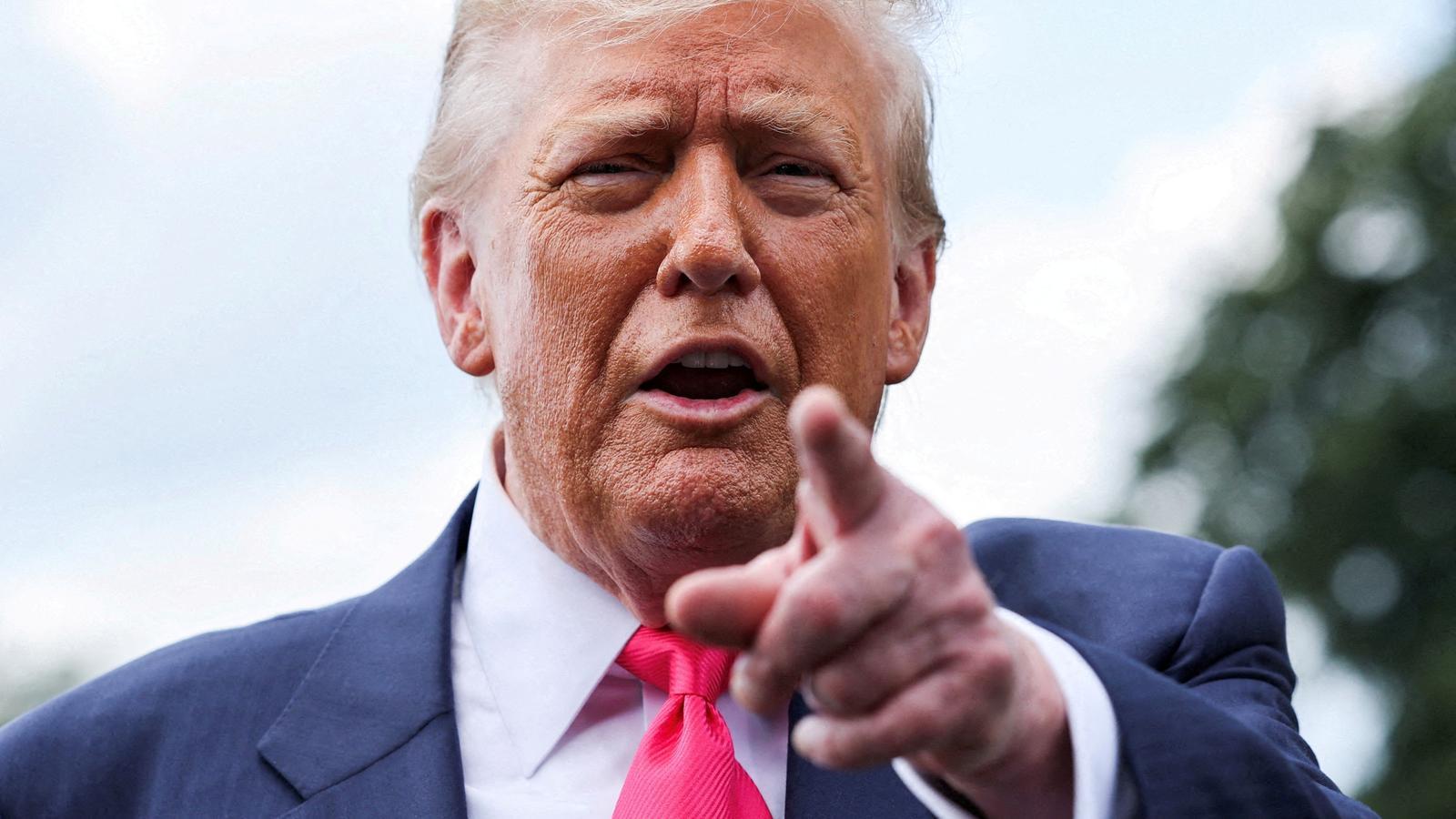

The Trump administration's vision includes no alternatives to the potential failure of its policy. Since 1945, US power has been based on its own strength and also on the support of a world in which 90% of international transactions are conducted in dollars and the most impactful cultural tools—language, film, television, music, social media—are dominated by over 50% of the US. American power was, and still is, based more on cooperation than coercion.
If President Trump's policy persists in destroying everything that makes the US attractive, it will lead to a scenario in which it will be feared or hated. Its power will be significantly reduced because the sum of positive points strengthens and the sum of negative points weakens. Negative points have intrinsic entropy. As international relations analyst Kori Schake says, the US is on the path to becoming either too brutal to be liked or too irrelevant to be feared. The path to being too brutal is open and is being pursued (Gaza). The path to being feared will not be easy, but four years of Trump can make it possible. Those who are unpredictable arouse more concern and caution than fear. It is easier to go from esteem to irrelevance than from esteem to fear.
These paths are long, but historically they eventually take their toll, because the widespread dissent unites former friends into an alliance of adversaries. In the 5th century BC, Athens' dominance created a coalition around Sparta that ended the empire. No one had Athens' maritime power, but it wasn't enough, and the defeat in Sicily was the beginning of the end.
At the beginning of the 18th century, Charles XII of Sweden led an anti-Swedish coalition that had profoundly negative consequences: it ceased to be a major power.
One hundred years later, France turned against Europe, and despite the genius and modernity of Napoleon's administration, it was defeated and became just another European state. For the next 150 years, Britain dominated.
The US needs its allies, but Trump considers them a burden and sometimes treats them with utter disregard. The Oval Office meetings, with televised images of Zelensky's and Ramaphosa's visits, are not the kind that build trust.
Since 1979, the US has needed China and Russia to enforce the trade embargo on Iran, and it has still been incomplete. President Trump has aligned himself more with Russia than with defending Ukraine, but the EU's position prevents him from ending the conflict as he would like... which is by forgetting Ukraine.
As for China, the US would like to restrict trade in certain products and materials in the digital industries, but without the cooperation of Japan and the Netherlands, this blockade cannot be effective. If the US is serious about confronting China, it needs all its allies. But they are pursuing the opposite policy, and when traditional solutions fail, the allies themselves seek alternatives.
Today, 51% of Europeans consider Trump an enemy of Europe. Chancellor Merz declared: "The current American administration is indifferent to Europe. My priority will be to strengthen Europe as quickly as possible so that we can achieve independence from the US."
In a study conducted by ASEAN, the Association of Southeast Asian Nations, Indonesia, Thailand, the Philippines, Laos, Vietnam, Malaysia and Cambodia have turned around in just a few years to 60% pro-US and 40% pro-China in four areas - "economy" and "cultural affinity,soft power".
Trump is catalyzing the world's evolution toward a multiculturalism that abandons the cultural, economic, and military dominance of the United States because he is forcing it toward an alternative path. The lever of tariffs, which has more political significance than economic impact, is helping to promote this change.
In March, Japan and Korea, the US's two closest allies in Asia, concluded a trilateral free trade agreement with China. This demonstrates that the US's determination to maintain a decisive influence in Asia is weakening.
Trump wants to make the US stronger at home to strengthen its influence abroad, but the distancing of allies and the inflationary consequences of a poorly planned tariff policy, along with a lack of foresight in economic policy, have introduced market instability that will have repercussions around the world and in the world of reference.
Who would be willing to put their hand in the fire for Trump not to blow up the US-EU trade agreement any day now? We've said from those same pages that negotiations with the US must be on a commercial level—what do you give me and what do I give you? Let's compare them. The US wants its technology companies to be able to operate in the EU, something that cannot happen without a balanced agreement; it is, therefore, an important agreement for them. Haste makes waste, and There are already member states protestingTo err from weakness is a double error.
The United States needs long-term policies and stable, non-contingent negotiations, but this is the exact opposite of Trump's policy in recent months. The trust of others is easily and quickly lost; regaining it is difficult and time-consuming. These are the alternatives the administration should have prepared and at hand in case its current policy of imposing pressure on everyone and everything fails. It neither knows nor wants to know, because it considers it unnecessary, but it isn't.

